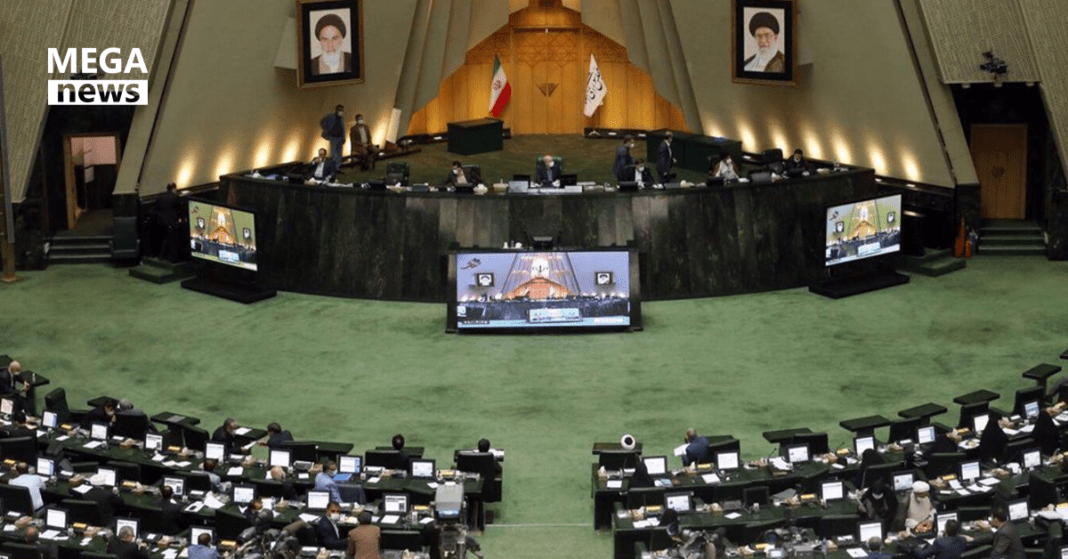Iran’s parliament has voted overwhelmingly to suspend cooperation with the International Atomic Energy Agency (IAEA), marking one of the most dramatic responses yet to recent strikes on its nuclear facilities. In a session on June 25, lawmakers approved the measure 221–0, with one abstention, ordering the suspension of inspections, camera installations, and reporting—pending guarantees of security for its nuclear sites.
Championing the bill, Parliament Speaker Mohammad Baqer Qalibaf accused the IAEA of being politicised and complicit in what he termed an “unlawful” assault on Iran’s sovereign nuclear infrastructure. He said Iran would accelerate its civilian nuclear program until its rights under the Non‑Proliferation Treaty (NPT) were fully respected .
The move requires endorsement by Iran’s Supreme National Security Council to become law, making the outcome still uncertain. But the swift parliamentary approval signals Tehran’s determination to take firm action in response to recent Israeli and U.S. airstrikes. Iran’s foreign minister, Abbas Araqchi, told Qatar’s Al‑Araby Al‑Jadeed that unless guarantees are made to protect facilities, cooperation would remain suspended.
The timing is notable: the bill was passed in parallel with a fragile ceasefire with Israel following a 12‑day conflict. Iranian officials emphasized this was no peace deal—just a pause—and warned that any future aggression would be met with a forceful response.
Signal-wise, the parliamentary action and tone—punctuated by chants of “Death to America” and “Death to Israel”—speak to a hardened stance that could imperil the IAEA’s oversight capabilities. The IAEA’s director general, Rafael Grossi, has stressed the importance of returning inspectors to Iran, but repeated claims of bias and politicisation by Tehran may make that increasingly difficult.
Crucially, the bill cites Iran’s right under the NPT and Vienna Convention to suspend obligations when its sovereignty is threatened, but analysts warn that pulling back from inspections risks isolating Iran further and hindering diplomatic efforts aimed at de-escalation.
For now, Iran is clearly pivoting toward nuclear independence—and defiance. The decision to suspend cooperation sends a stark message: protect our facilities, or expect full-scale advancement of our nuclear program. With the IAEA locked out and oversight diminished, regional fears may soon shift from temporary pauses to lasting proliferation concerns.



